Apologia pro Vita Sua
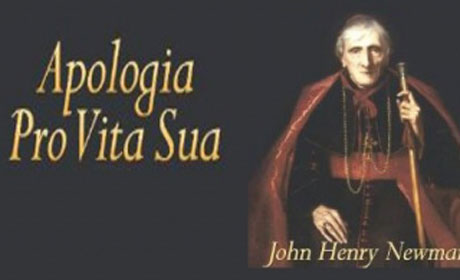
John Henry (Cardinal) Newman
Introduction
“No autobiography in the English language has been more read; to the nineteenth century it bears a relation not less characteristic than Boswell’s ‘Johnson’ to the eighteenth.”
Rev. Wm. Barry, D.D.
Newman was already a recognised spiritual leader of over thirty year’s standing, but not yet a Cardinal, when in 1864 he wrote the Apologia. He was London born, and he had, as many Londoners have had, a foreign strain in him. His father came of Dutch stock; his mother was a Fourdrinier, daughter of an old French Huguenot family settled in this country. The date of his birth, 21st of February 1801, relates him to many famous contemporaries, from Heine to Renan, from Carlyle to Pusey. Sent to school at Ealing—an imaginative seven-year-old schoolboy, he was described even then as being fond of books and seriously minded. It is certain he was deeply read in the English Bible, thanks to his mother’s care, before he began Latin and Greek. Another lifelong influence—as we may be prepared to find by a signal reference in the following autobiography, was Sir Walter Scott; and in a later page he speaks of reading in bed Waverley and Guy Mannering when they first came out—”in the early summer mornings,” and of his delight in hearing The Lay of the Last Minstrel read aloud. Like Ruskin, another nineteenth-century master of English prose, he was finely affected by these two powerful inductors. They worked alike upon his piety and his imagination which was its true servant, and they helped to foster his seemingly instinctive style and his feeling for the English tongue.
In 1816 he went to Oxford—to Trinity College—and two years later gained a scholarship there. His father’s idea was that he should read for the bar, and he kept a few terms at Lincoln’s Inn; but in the end Oxford, which had, about the year of his birth, experienced a rebirth of ideas, thanks to the widening impulse of the French Revolution, held him, and Oriel College—the centre of the “Noetics,” as old Oxford called the Liberal set in contempt—made him a fellow. His association there with Pusey and Keble is a matter of history; and the Oxford Movement, in which the three worked together, was the direct result, according to Dean Church, of their “searchings of heart and communing” for seven years, from 1826 to 1833. A word might be said of Whately too, whose Logic Newman helped to beat into final form in these Oxford experiences. Not since the days of Colet and Erasmus had the University experienced such a shaking of the branches. However, there is no need to do more than allude to these intimately dealt with in the Apologia itself.
There, indeed, the stages of Newman’s pilgrimage are related with a grace and sincerity of style that have hardly been equalled in English or in any northern tongue. It ranges from the simplest facts to the most complicated polemical issues and is always easily in accord with its changing theme. So much so, that the critics themselves have not known whether to admire more the spiritual logic or the literary art of the writer and self-confessor. We may take, as two instances of Newman’s power, the delightful account in Part III. of his childhood and the first growth of his religious belief; and the remarkable opening to Part IV., where he uses the figure of the death-bed with that finer reality which is born of the creative communion of thought and word in a poet’s brain. Something of this power was felt, it is clear, in his sermons at Oxford. Dr. Barry describes the effect that Newman made at the time of his parting with the Anglican Church: “Every sermon was an experience;” made memorable by that “still figure, and clear, low, penetrating voice, and the mental hush that fell upon his audience while he meditated, alone with the Alone, in words of awful austerity. His discourses were poems, but transcripts too from the soul, reasonings in a heavenly dialectic….”
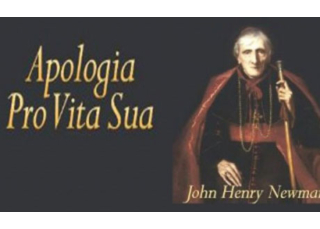
Book eBook Apologia pro Vita Sua
John Henry Newman
27 enero, 2016
update 18 agosto, 2021
Go to the Download pageMore eBooks in English
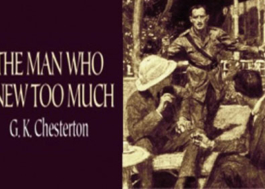
The Man Who Knew Too Much
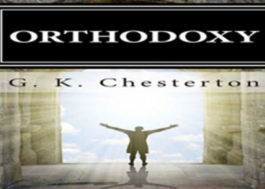
Orthodoxy

Manalive
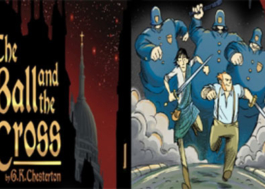
The Ball and the Cross
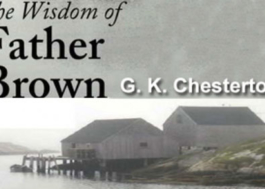
The Wisdom of Father Brown
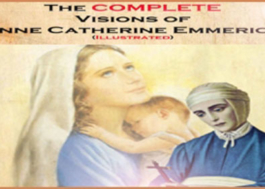
The Complete Visions of Anne Catherine Emmerich
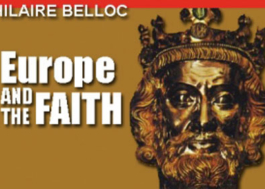
Europe and the Faith
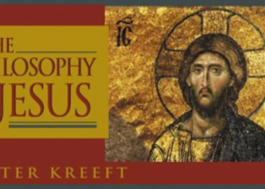
The philosophy of Jesus
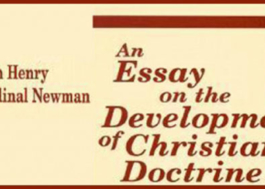
An Essay on the Development of Christian Doctrine
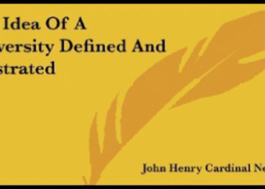
The Idea of a University Defined and Illustrated
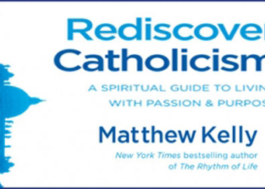
Rediscover Catholicism
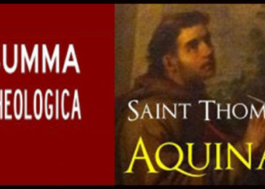
Summa Theologica
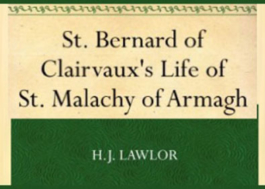
St. Bernard of Clairvaux’s Life of St. Malachy of Armagh
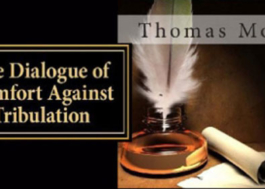
Dialogue of Comfort against Tribulation
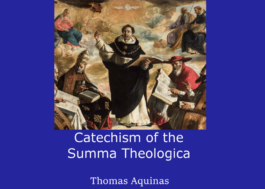
Catechism of the Summa Theologica
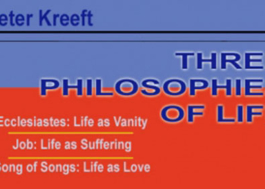
Three Philosophies of Life
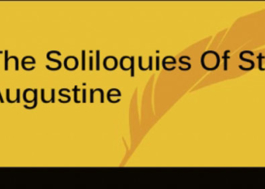
The Soliloquies Of St. Augustine

Quo Vadis (English Edition)
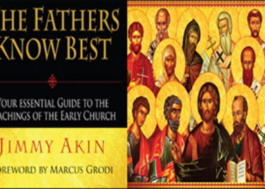
The Fathers Know Best
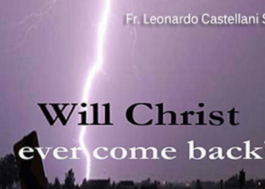
Will Christ ever come back?

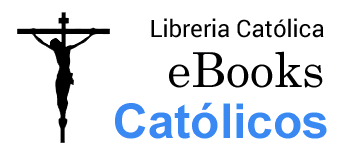


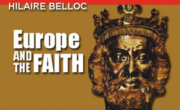
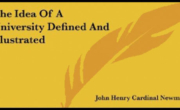
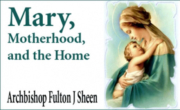
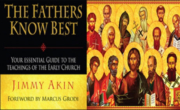
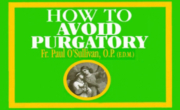
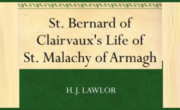


















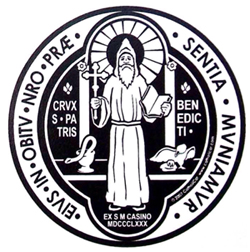
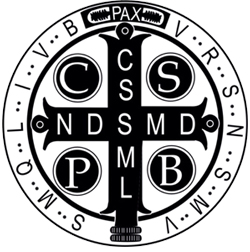
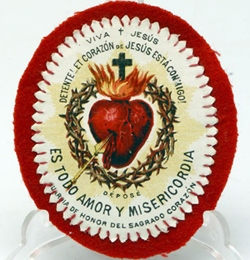

Dejar un comentario
¿Quieres unirte a la conversación?Siéntete libre de contribuir!